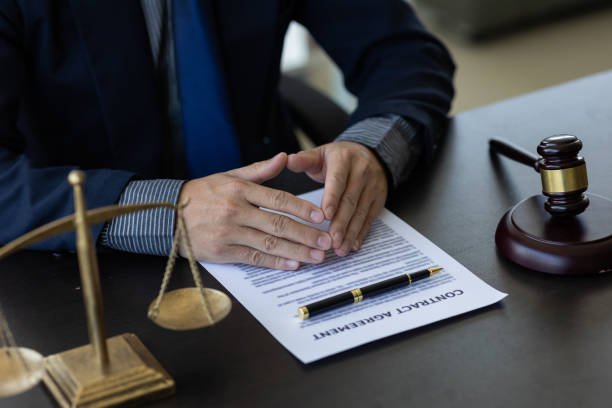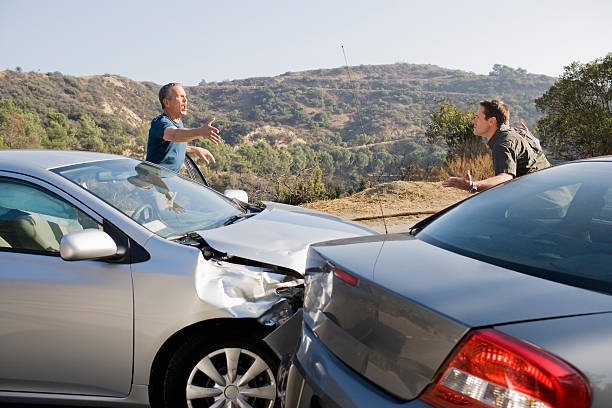Introduction:
Car accidents are an unfortunate reality of modern life, affecting millions of people worldwide each year. Whether minor fender-benders or severe collisions, these incidents can be traumatic and life-altering. In this article, we will explore the common causes of car accidents, the immediate steps to take after a collision, and strategies for coping with the aftermath.
Common Causes of Car Accidents:
1. Distracted Driving: The widespread use of smartphones has contributed to a surge in distracted driving incidents. Texting, talking on the phone, or even adjusting the radio can divert a driver’s attention, leading to accidents.
2. Speeding: Excessive speed reduces a driver’s reaction time and increases the severity of accidents. Speed limits are set to ensure safe driving conditions, and disregarding them puts everyone on the road at risk.
3. Drunk Driving: Driving under the influence of alcohol or drugs remains a leading cause of accidents. Impaired judgment and slowed reaction times make drunk driving a dangerous behavior that endangers both the driver and others.
4. Reckless Driving: Aggressive behaviors such as tailgating, weaving in and out of traffic, and disregarding traffic signals can result in catastrophic accidents. Maintaining a calm and patient demeanor on the road is crucial for everyone’s safety.
Immediate Steps to Take After a Car Accident:
1. Ensure Safety: Move to a safe location if possible, and turn on hazard lights. Check for injuries and call emergency services if needed.
2. Exchange Information: Exchange names, contact information, insurance details, and vehicle registration with the other party involved. Document the accident scene, including license plate numbers and witness contact information.
3. Report the Accident: Notify the police and file a report, even for minor accidents. This documentation can be crucial for insurance claims and legal proceedings.
4. Seek Medical Attention: Even if injuries seem minor, it’s essential to seek medical attention. Some injuries may not manifest immediately, and a medical professional can identify and document them.
Coping with the Aftermath:
1. Stay Calm: A car accident can be a stressful and emotional experience. Try to remain calm and composed, focusing on the necessary steps to address the situation.
2. Seek Support: Reach out to friends, family, or a counselor for emotional support. Talking about the experience can help process the trauma and alleviate anxiety.
3. Understand Legal Rights: Consult with an attorney to understand your legal rights, especially if the accident resulted from another party’s negligence. Legal advice can be crucial in navigating insurance claims and potential lawsuits.
4. Follow Through with Insurance: Report the accident to your insurance company promptly and provide all necessary information. Work closely with your insurer to ensure a smooth claims process.
Conclusion:
Car accidents are unfortunate events that can happen to anyone. By understanding the common causes, taking immediate steps after an accident, and seeking support during the aftermath, individuals can better navigate the challenges and work towards recovery. Prioritizing safety, both on and off the road, remains key to reducing the frequency and severity of car accidents in our communities.



